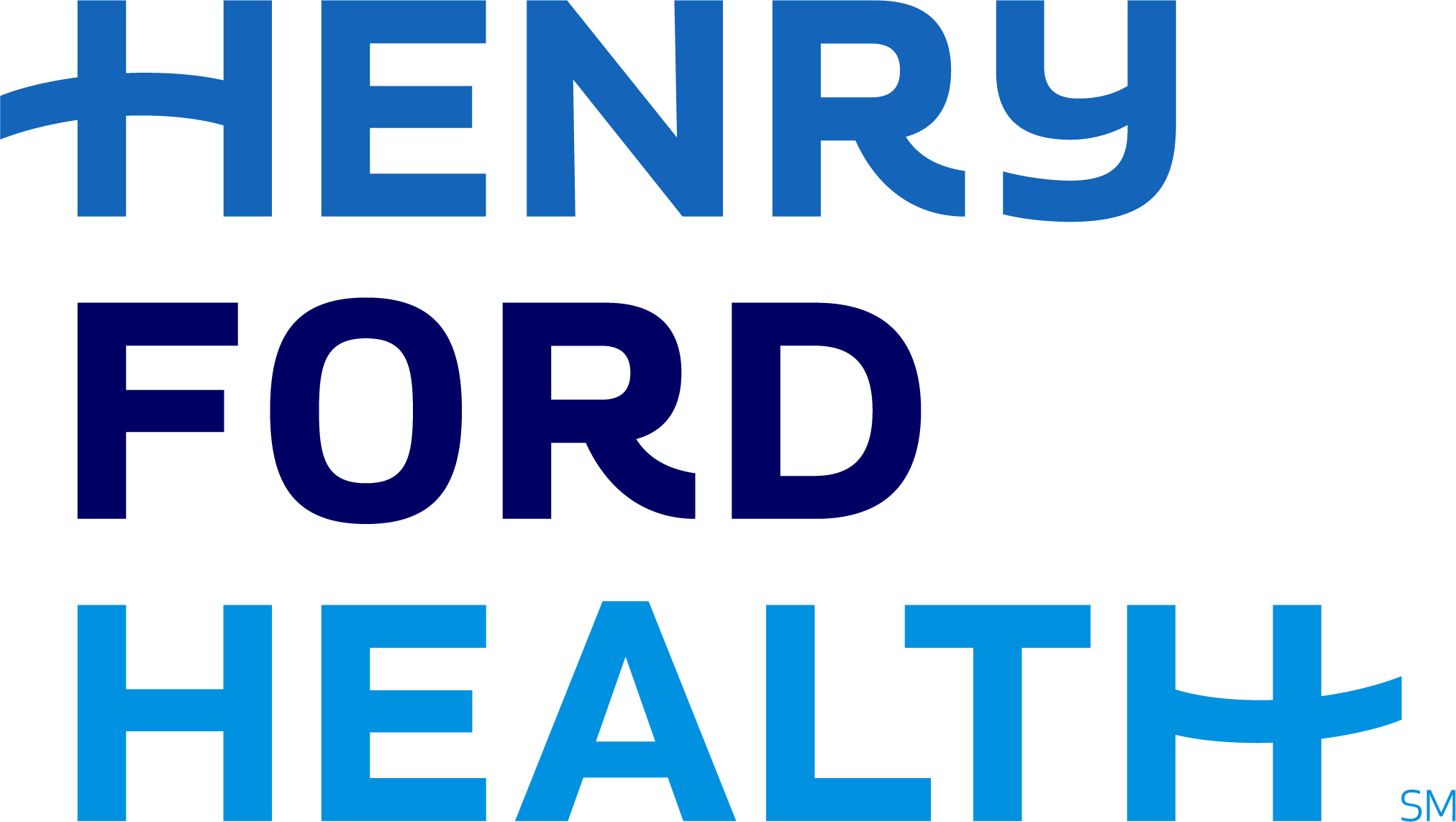
Dr Hwang on Unmet Needs Remaining in Nonmetastatic Prostate Cancer

Clara Hwang, MD, discusses unmet needs in patients with nonmetastatic prostate cancer who then progress on novel agents and develop metastatic disease.
Clara Hwang, MD, medical oncologist, senior staff physician, Henry Ford Health System, clinical assistant professor, Wayne State University School of Medicine, discusses unmet needs in patients with nonmetastatic prostate cancer who then progress on novel agents and develop metastatic disease.
There are 3 mainstay agents approved by the FDA for the treatment of patients with nonmetastatic prostate cancer: apalutamide (Erleada), enzalutamide (Xtandi), and darolutamide (Nubeqa). These agents were approved based on findings from the phase 3 SPARTAN (NCT01946204), PROSPER (NCT02003924), and ARAMIS (NCT02200614) trials, respectively. Notably, these 3 agents have been associated with an overall survival benefit compared with placebo in this population. Despite these approvals, there remains an unmet need in the treatment of these patients due to their potential for develop resistance to these agents, despite not progressing to metastatic disease, Hwang says.
In patients who develop resistance without metastatic disease, Hwang emphasizes that oncologists must be careful in this scenario, because these patients may not have metastases or symptoms associated with their cancer. Therefore, further research is needed to identify less toxic treatments that can still be used to treat their underlying disease, Hwang says.
It is still unknown whether treatment with another androgen receptor (AR) inhibitor may benefit a patient who has developed resistance to a different AR inhibitor, as there could be cross resistance between agents, she continues. However, there may be novel AR degraders, or similar agents that would produce less toxicity and still prove effective, Hwang says. Although there is still work to be done, ongoing studies are evaluating agents that could be used to help delay metastases and improve survival for these patients, Hwang concludes.




































